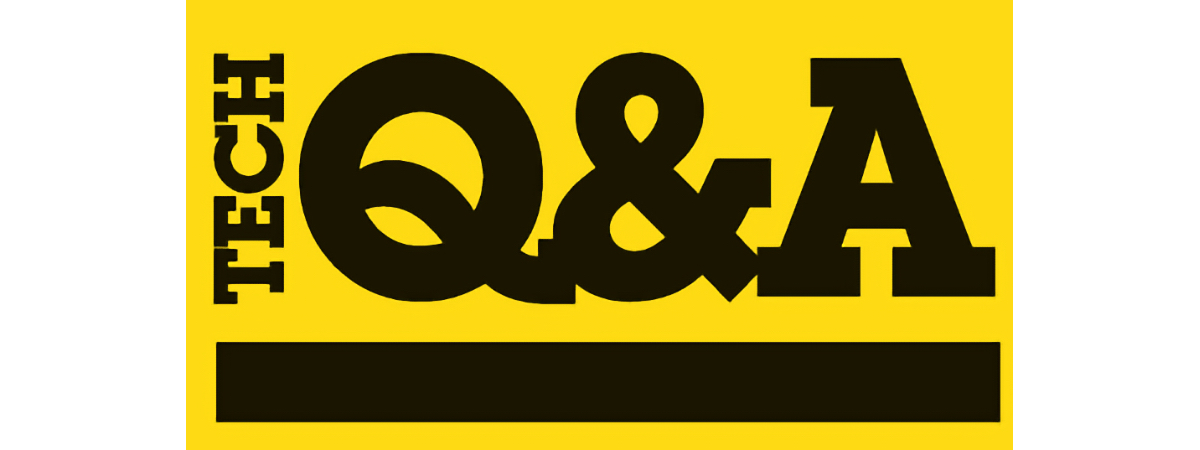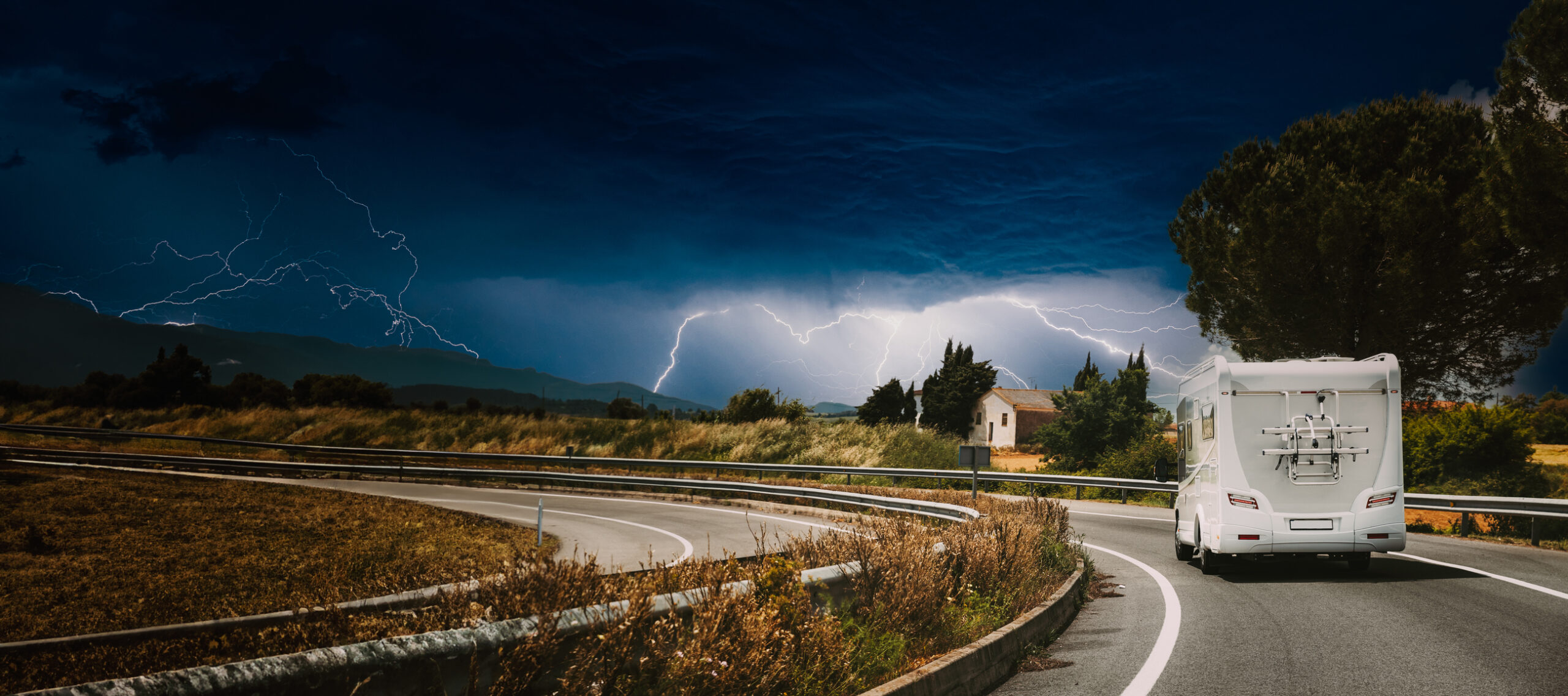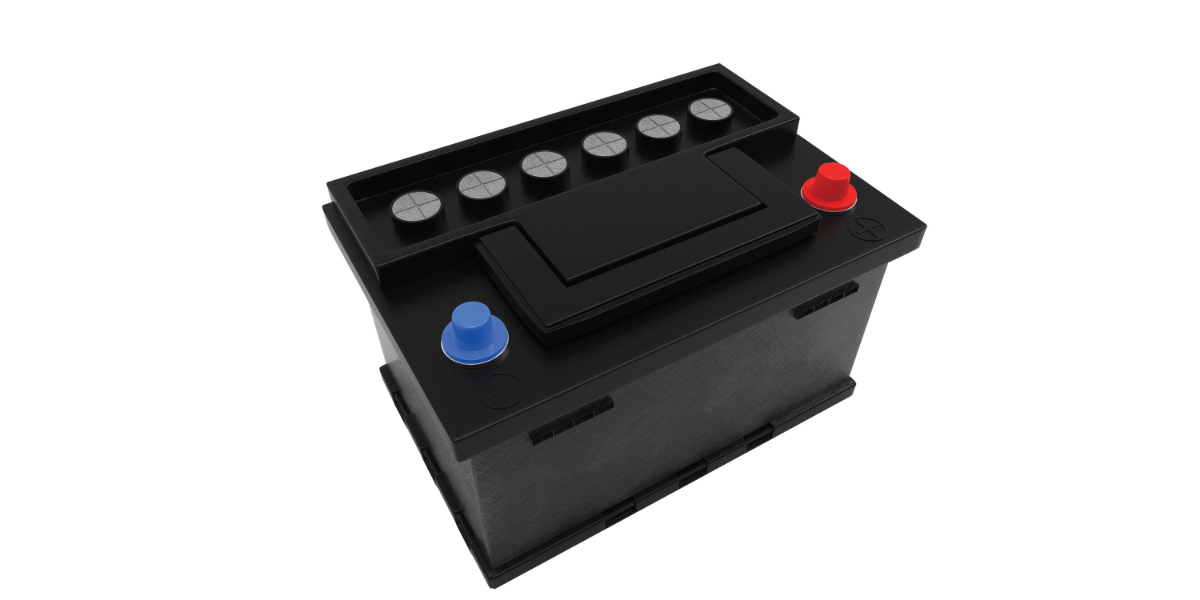The Ultimate RV Spring Checklist
Image Caption:
Before Moving Trailer Out of Storage
- Inflate tires to proper level.
- Inspect tires for tread depth, uneven wear, cracking, bubbles.
- Check tire age (professional inspection required at five years, timed out at seven years).
- Torque lug nuts to factory specification.
- Confirm operation of tire-pressure monitoring system.
- Set mirrors on tow vehicle.
- Grease hitch ball or kingpin/saddle (or attach lube plate and grease kingpin).
- Hitch up trailer.
- Secure safety chains.
- Attach breakaway-switch cable.
- Attach sway control if equipped.
- Connect power cable.
- Check brake-, tail-, signal and clearance lights.
- Confirm trailer brakes are working.
- Adjust brake control as needed.
- Secure interior doors, including refrigerator and cabinets.
- Secure exterior compartment doors.
- Secure patio awning.
- Make sure antennas are down.
- Check for updated registration and license-plate tags.
Body/Exterior Inspection/Service
- Inspect roof condition.
- Check sealant integrity around vents, TV antenna, satellite dish and all other accessories.
- Check sealant and caulking integrity at all seams.
- Look for cracks or tears that can lead to water intrusion.
- Inspect window frames for signs of leakage; clean weep holes.
- Inspect caulking around clearance lights and taillights.
- Inspect caulking around compartment doors and other accessories.
- Check security of compartment-door latches.
- Check condition of patio-awning hardware; clean and lubricate as needed.
- Check condition of window-awning hardware; clean and lubricate as needed.
- Check slideout-topper tension.
- Check condition of slide-topper material.
- Extend all awnings and check fabric integrity; clean if necessary.
- Lubricate entry- and baggage-door locks (silicone-based dry lube).
- Clean and lubricate entry-door step (silicone-based dry lube).
- Clean and treat EPDM, TPO or PVC roof with protectant.
- Clean and check integrity of roof-vent lids and covers.
- Check integrity of rear or side ladder hardware and seals.
- Wash and wax the exterior.
Chassis Inspection
- Check for excessive rust on the frame and metal parts; paint as needed.
- Check condition of propane-cylinder mounting bracket, hoses, regulator and cover.
- Check operation of LP-gas regulator; service by certified technician only.
- Check level of propane in cylinders; fill if needed.
- Check condition of suspension equalizer.
- Inspect spring shackles for adverse wear and replace if needed.
- Grease all suspension Zerk fittings, if equipped.
- Operate slideout rooms; lubricate per manufacturer’s instructions.
- Operate leveling jacks; lubricate as needed.
- Service wheel bearings per maintenance schedule (12 months or 12,000 miles).
- Inspect and adjust service brakes (every 3,000 miles or annually).
- Check batteries for charge condition.
- Inspect batteries for integrity, age, corrosion, loose cables.
- Top off battery water if needed.
- Check gasoline fuel level.
- Check condition of fuel hose and fuel pump on toy haulers.
House Inspection
- Have an annual propane leak-down and pressure test performed by a certified technician.
- Replace batteries in all safety detectors if needed (annually).
- Test carbon-monoxide and propane detectors.
- Replace smoke, carbon-monoxide and/or propane detector(s) if out of date.
- Inspect fire extinguisher(s) for condition, pressure and date.
- Operate and clean all roof vents.
- Inspect for ceiling leaks and mildew.
- Inspect for ceiling leaks inside overhead cabinets.
- Check for proper operation of all window blinds and replace broken strings or lifting mechanisms.
- Check all windows for smooth operation and possible defective latches.
Operate all emergency exits.
System/Appliance Inspection
- Purge all water lines of antifreeze if winterized.
- Check anode rod in hot-water tank if equipped; replace if necessary.
- Pressurize the water system and test faucets, showerhead(s), toilet(s), washer, dishwasher and icemaker for proper operation and leaks.
- Check low-point drains.
- Inspect P-traps under sinks and shower pan.
- Flush the water tank.
- Sanitize the water system.
- Test demand-pump operation.
- Pressurize the water system with the demand pump and listen for cycling to indicate possible water leak in system.
- Test the air conditioner(s).
- Service the air-conditioner filter.
- Inspect the air-conditioner evaporator and condenser for debris and excessive dirt. Professionally clean if needed.
- Operate the refrigerator.
- Check the refrigerator vents for debris, signs of rodents and other obstructions.
- Check the refrigerator burner for excessive rust; service as necessary.
- Operate the dump valves at a proper facility.
- Check the vents for the hot-water tank and furnace for debris, signs of rodents and other obstructions.
- Check the integrity of tank-flushing components.
- Check the condition of sewer hose(s), fittings and gaskets.
- Check the stovetop and oven condition and operation.
- Clean the kitchen exhaust-fan filter.
- Check interior lights and replace bulbs and fixtures as necessary.
- Clean the electric fireplace of dust buildup.
- Test all entertainment and communication components.
- Install or activate the satellite receiver.
- Activate or deploy the broadcast-TV and satellite antennas, and check for proper operation and signal.
Generator Inspection and Service
- Service the generator based on run hours and date.
- Clean debris in the generator compartment, including signs of rodent infestation.
- Check the oil level; change oil and filter per maintenance schedule.
- Check and service the air filter per maintenance schedule.
- Check and service the fuel filter per maintenance schedule.
- Run the generator under 50 percent load for 30 minutes.
- Service the portable generator per maintenance schedule.
Tow Vehicle Checklist
- Inspect the hitch receiver for rust and wear.
- Check the tire condition and tread depth.
- Inflate the tires (cold) for towing service.
- Check the engine oil.
- Check the transmission fluid.
- Check mirror adjustment and function.
- Check the windshield for cracks and chips.
- Run the windshield wipers and washer.
- Check windshield-wiper condition.
- Turn on headlights at night to check alignment.
- Check the function of the four-/seven-way receptacle.
Camping season is upon us, so make sure your home on wheels is fully stocked and ready for the road. Whether you’re new to RV camping or a veteran roadtripper, keep this printable checklist in your rig. Spend a little time with our comprehensive spring RV maintenance checklist and kickoff your RV adventures!





